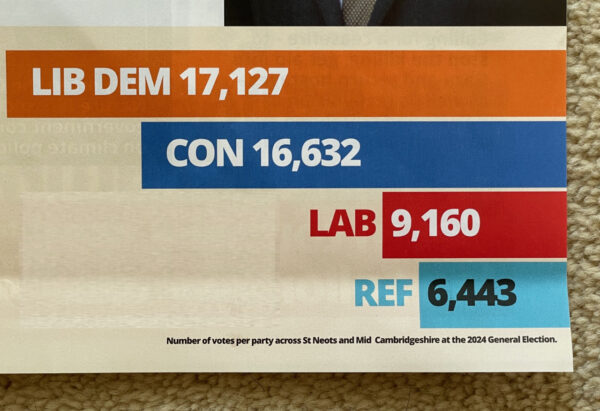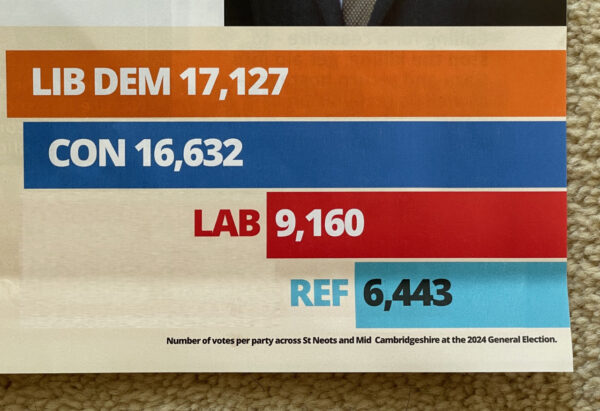We’ve just returned from a somewhat spontaneous tour of northern England in our little campervan, which we cunningly timed to coincide with the unexpected arrival of Storm Amy. As friends and family sent us links to the orange weather warnings, we looked in vain for campsites named something like ‘Sheltered Glade’, and instead always found ourselves in places whose names contained phrases like ‘sea view’ or ‘high moor’!
But all was well, and we had a splendid time despite the weather, which calmed down after our first few days. One of the joys of making such trips out of season and during school terms is that you can very much play it by ear: we often left one location in the morning without being entirely sure where we were staying that night, and in the end we had a good mix, from pub car parks, to peaceful fields, to fully-equipped campsites.
In all, we slept in eight different places over nine nights, and yet always in our own comfortable bed, with our own pillows, under our own warm duvet. A good campervan is a marvellous thing.
We visited grand houses…
…and rugged castles.
We might have lunch at sea level on one day…
and at Britain’s highest pub on another.
We admired the colours of Teesdale waterfalls…
and of Burne-Jones windows.
We also did some more touristy things. Being fans of James Herriot, we enjoyed a visit to the lovely little village of Askrigg, one of whose prominent buildings was used as ‘Skeldale House’ in the original BBC TV series of All Creatures Great and Small.
And, though it sounds a little corny, the World of James Herriot museum in Thirsk is exceedingly good, and well worth a visit if you know the stories.
So now, after rural picnics and fine restaurants, art galleries and abbeys, motorways and farm tracks, big cities and picturesque villages…
…we are now back home in a very flat East Anglia, which does seem, now I think of it, to have rather a shortage of castles and waterfalls.
I’m already looking forward to the next trip.































Recent Comments